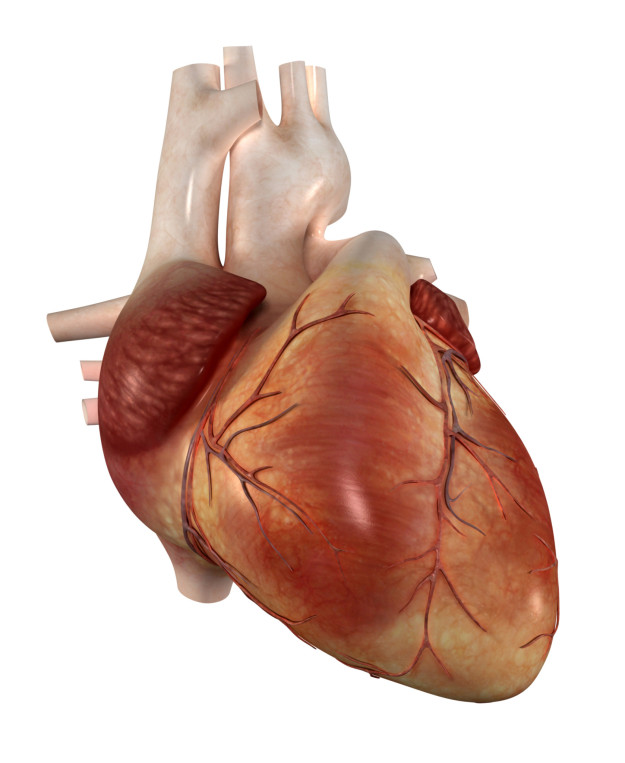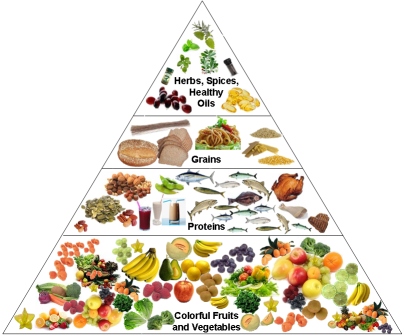Omega-3 Fish Oil, HDL Cholesterol, and Triglyceride Levels
Why was this study done? Consuming fish on a regular basis has a positive benefit for cardiovascular health. It is thought that the reason for this relationship is that Omega-3 fish oils improve blood lipid (cholesterol, triglyceride) levels. This study was designed to investigate the relationship of differing doses of omega-3 fish oil (1, 3,…










